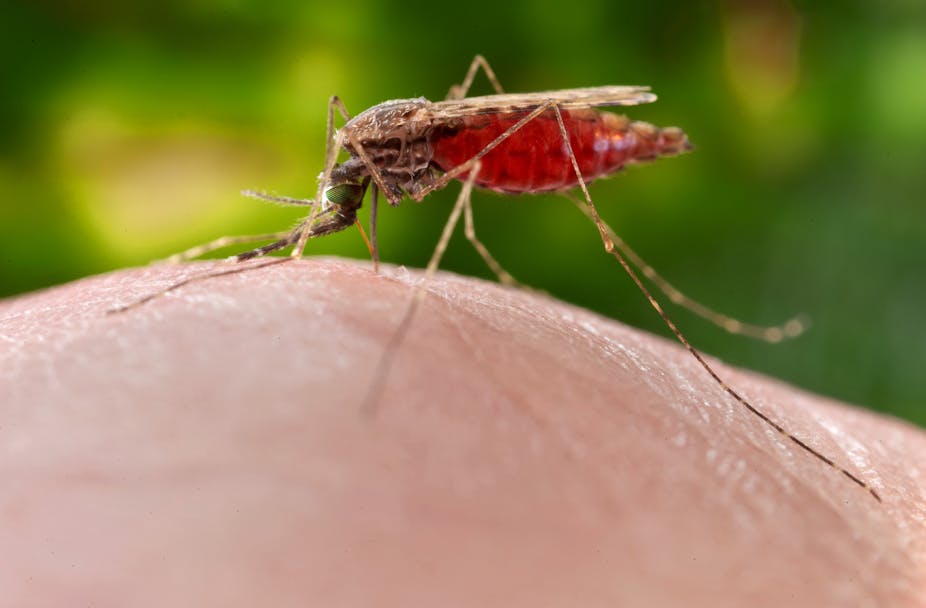Rwanda is on course to achieve the World Health Organisation’s (WHO) Global Technical Strategy milestone of reducing malaria incidence by 75 per cent by 2025, according to the 2024 World Malaria Report.
The WHO’s Global Technical Strategy for Malaria 2016–2030 sets ambitious goals, aiming for a 90 per cent reduction in malaria cases and deaths globally by 2030, with interim targets for 2020 and 2025.
Dr Aimable Mbituyumuremyi, Head of the Malaria and Other Parasitic Diseases Division at the Rwanda Biomedical Centre, highlighted the nation’s alignment with these global objectives.
Persistent Challenges
Despite these successes, challenges remain. “Fighting malaria is costly. Interventions like spraying insecticides and distributing nets cannot be implemented in all areas simultaneously due to limited financial resources,” he said.
Climate change also poses a significant obstacle, with rising temperatures and increased rainfall creating favourable conditions for malaria transmission. Additionally, resistance among Anopheles mosquitoes and the Plasmodium parasite to certain insecticides and medications threatens the effectiveness of current strategies.
Public participation continues to be a concern. “Malaria prevention is a shared responsibility. Households must use mosquito nets correctly, maintain cleanliness, and adopt preventive measures,” Dr Mbituyumuremyi emphasised.
The Path Ahead
Looking forward, Rwanda remains optimistic about achieving malaria-free status by 2030. “It’s possible but not simple,” Dr Mbituyumuremyi noted, stressing the need for regional collaboration to sustain progress.
“Malaria control efforts can be undermined if neighbouring countries do not implement similar interventions. Regional cooperation is essential for achieving sustainable results,” he said.
Dr Mbituyumuremyi also addressed discrepancies between WHO estimates and Rwanda’s national data, explaining that WHO adjusts figures to account for global and regional factors. “When WHO says we are on track, it means we are close to the target or will reach it soon,” he clarified.
With sustained efforts and enhanced regional cooperation, Rwanda is poised to achieve its ambitious malaria reduction targets and move closer to the ultimate goal of malaria elimination.

